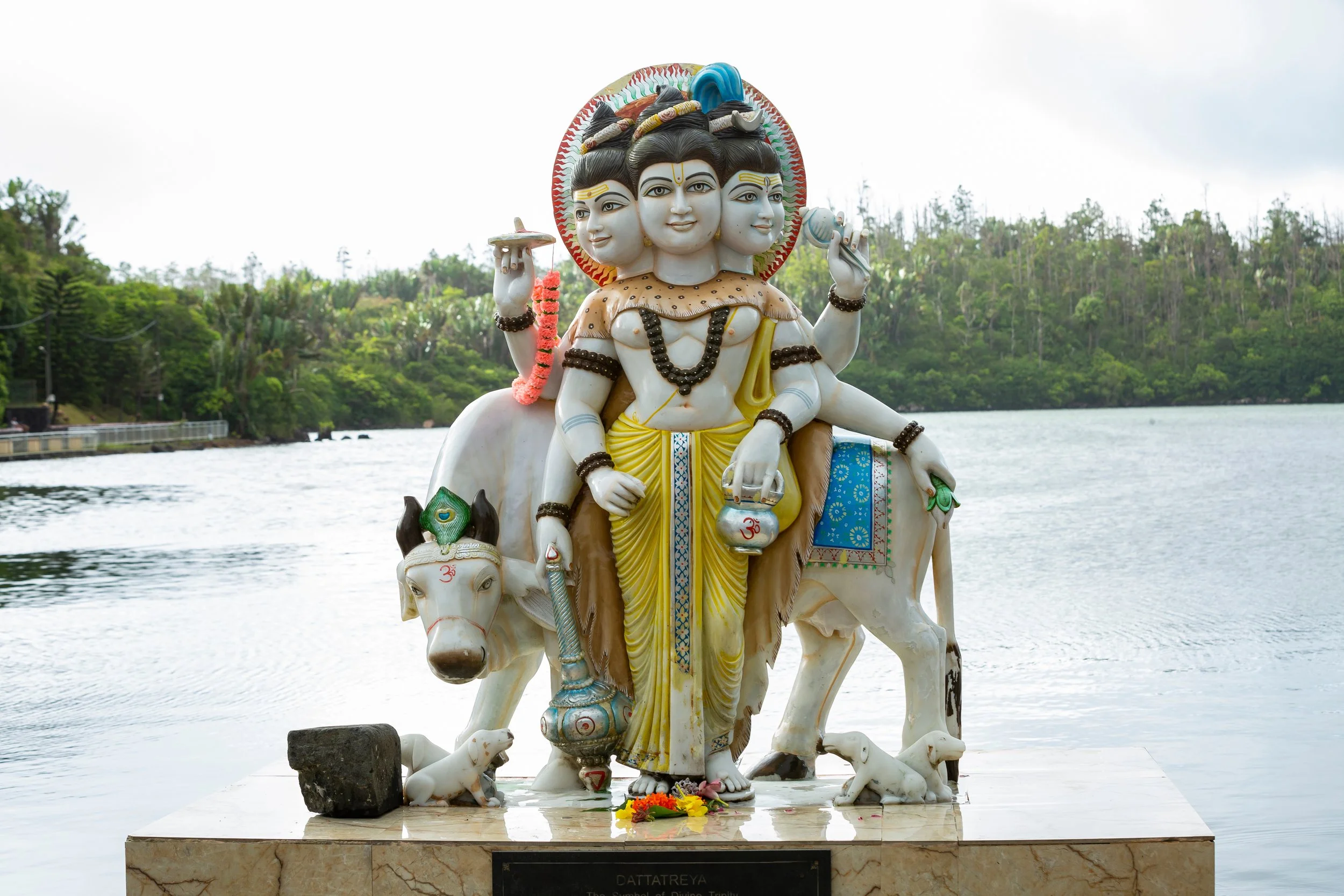Understanding One of the World’s Oldest Religions—Hinduism
Texas, known for its diverse culture and robust economy, is also home to a growing Hindu community. As Hinduism and it’s practitioners continue to come to this dynamic state, it offers a unique opportunity for non-Hindus to learn about one of the world’s oldest religions. This blog aims to provide an accessible overview of Hinduism, focusing on its practices, gods, and beliefs, while highlighting its presence in Texas. You might even be surprised that some things that are part of our every day lives come from Hinduism!
The Growth of Hinduism in Texas
Hinduism arrived in the United States through immigration, particularly after the 1965 Immigration and Nationality Act, which welcomed professionals from countries like India. Texas, with its thriving cities like Houston, Dallas, and Austin, became a magnet for Indian immigrants. Today, Texas boasts numerous Hindu temples and a vibrant Hindu community, contributing to the state’s multicultural fabric. Festivals such as Diwali (the Festival of Lights) and Holi (the Festival of Colors) are celebrated with enthusiasm, drawing participants from diverse backgrounds.
Key Beliefs of Hinduism
Hinduism, with its roots in ancient India, is a complex and deeply spiritual religion. It is not confined to a single set of beliefs or practices but is unified by shared philosophies and cultural traditions. Here are some core tenets:
1. Dharma: This refers to one’s duty or moral responsibility. It is a guiding principle in Hindu life, emphasizing righteousness and ethical conduct.
2. Karma: The law of cause and effect. Hindus believe that actions, whether good or bad, will influence one’s future, including future lives.
3. Reincarnation: Life is viewed as a cycle of birth, death, and rebirth (samsara). Liberation from this cycle (moksha) is the ultimate goal.
4. Diversity in Worship: Hinduism embraces a wide array of practices and gods, emphasizing personal paths to the divine.
Statue of lords Brahma, Vishnu and Shiva at the sacred lake of Ganga Talao in the south of the island of Mauritius
Hindu Gods and Their Significance
Hinduism is often perceived as polytheistic, but many Hindus describe it as henotheistic—worshiping one deity while acknowledging others. Major Hindu deities revered in Texas and worldwide include:
• Brahma, Vishnu, and Shiva: Representing creation, preservation, and destruction, these three deities form the Trimurti, the triad of supreme divinity.
• Lakshmi: The goddess of wealth and prosperity, worshipped particularly during Diwali.
• Saraswati: The goddess of knowledge and arts, celebrated by students and professionals.
• Durga and Kali: Manifestations of feminine power, representing protection and transformation.
• Ganesha: The elephant-headed god of beginnings and remover of obstacles, whose statues are common in homes and temples.
Each deity symbolizes deeper philosophical concepts, and devotees often choose to worship based on personal preference or family traditions.
The Role of Temples in Texas
Hindu temples serve as community hubs, spiritual centers, and cultural landmarks. Notable temples in Texas include:
• Sri Meenakshi Temple in Pearland: Inspired by traditional South Indian architecture, this temple hosts regular prayers and grand festivals.
• Radha Krishna Temple in Dallas: A center for spiritual learning, yoga, and community outreach.
• Austin Hindu Temple: Catering to the diverse Indian diaspora, it includes shrines for deities from various Hindu traditions.
These temples are not just places of worship but also spaces for cultural education, interfaith dialogue, and communal bonding.
Promoting Understanding in a Multicultural Society
As the Hindu population grows in Texas, so does the opportunity for cultural exchange. Understanding Hinduism can dispel misconceptions and foster inclusivity. For non-Hindus, attending a temple event, joining a Diwali celebration, or engaging in conversations with Hindu neighbors can be enriching experiences.
Hinduism emphasizes universal values like respect for nature, nonviolence, and the pursuit of knowledge, making its teachings relevant beyond religious boundaries.
Final Thoughts
Hinduism’s presence in Texas is a testament to the state’s cultural richness. By learning about Hindu gods, faith, and practices, non-Hindus can appreciate the beauty of this ancient religion and its contribution to the diverse tapestry of Texan life. Embracing this understanding not only enriches individuals but also strengthens the spirit of harmony and inclusivity in our communities.
Let us celebrate and learn from the growing Hindu community in Texas—because diversity is one of the state’s greatest strengths.
What aspects of Hindu culture or practice would you like to explore further? Drop us a line and let us know!

